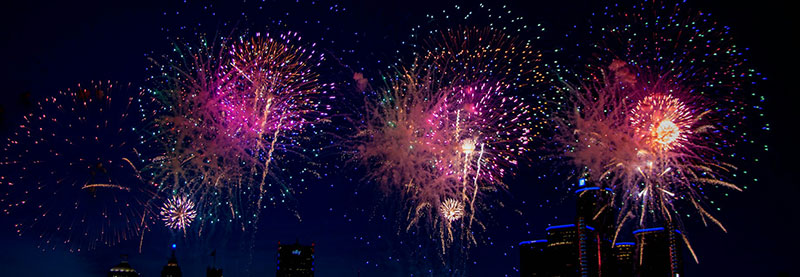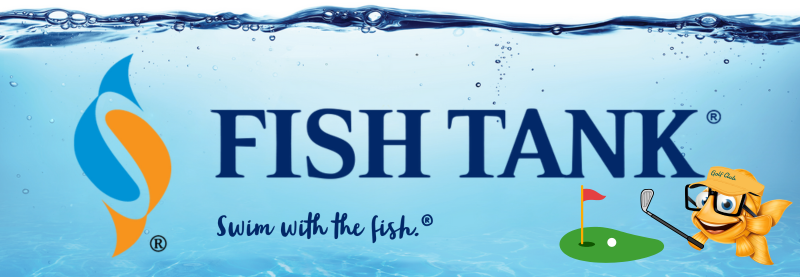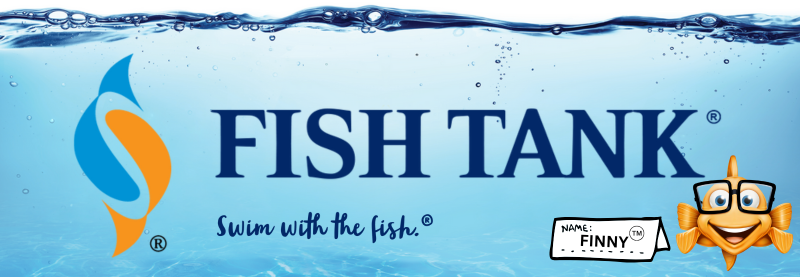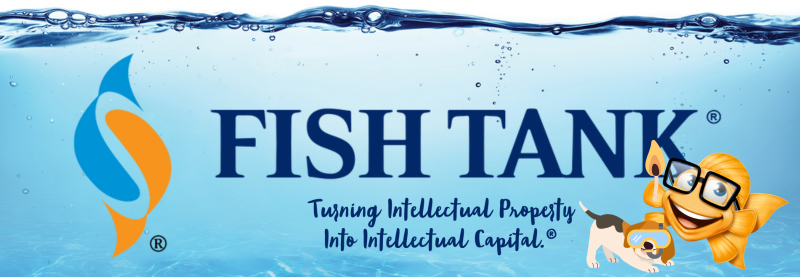Intellectual Property Insights from Fishman Stewart PLLC
Newsletter – Volume 24, Issue 15
Share on Social
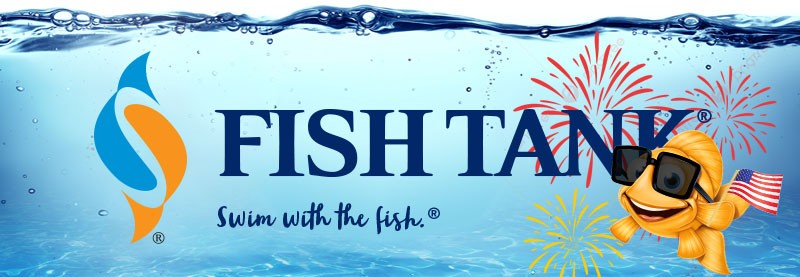
Patented Innovations Illuminate Independent Day
By Kameron Bonner
Yesterday was the 4th of July in the United States, where Americans celebrate the nation’s Independence Day with spectacular fireworks and outdoor barbecues. While these traditions may be deeply rooted in history, there is an interesting layer of modern innovation behind the scenes, all protected by patents.
Fireworks have become synonymous with Independence Day, with brilliant displays in highly coordinated shows that captivate us, such as the Ford Fireworks in Detroit, Michigan. The problem with old-fashioned fireworks, however, is that they were not very “green” as the traditional method used black powder propulsion. This Disney patent US5339741A, in addition to precisely controlling firework detonation, is more environmentally friendly by eliminating the black powder ignition at ground level for the initial burst, instead using a non-explosive launching medium (compressed air).
Of course, Independence Day would not be complete without sparklers glowing in the dark summery sky, with the technology taking root 90 years ago as highlighted in this patent US2063601A. Or, for the more extreme crowd, this patent US6718882B1 provides a modern twist in the form of two-way sparkler, effectively doubling the glow time and color over conventional sparklers.
For backyard barbeques, nothing has been more instrumental than the barbecue grill. In 1897, the design for charcoal briquettes was first patented by Ellsworth B. A. Zwoyer, USD27483S. Fast forward a half-century, and early versions of the Weber grill began to hit the market US3330266A.
As we celebrate Independence Day, it is worth taking a moment to appreciate the pivotal and patriotic role of patents in our festivities. Happy 4th of July Holiday weekend!
Kameron is a partner and registered patent attorney at Fishman Stewart PLLC, specializing in Intellectual Property with ten (10) years of experience counseling clients on patent, trademark, and related contractual matters. Kameron’s practice encompasses all aspects of preparing, procuring, and enforcing worldwide IP rights. Check out his full bio here.

Related Content from Fishman Stewart
In February, Nike and Skims announced that they will be working together on a new brand, NikeSkims. The co-brand will create a new line of training apparel, footwear, and accessories specifically designed to meet the unique needs of women athletes.
Generally, federal courts have exclusive jurisdiction over copyright cases, and often, this presents an insurmountable paywall for individual artists and small businesses to vindicate their rights, especially where the value of the individual copyrighted works are relatively low.
Dedicated to raising public awareness about the importance of encouraging innovation and creativity throughout the world, the World Intellectual Property Organization (WIPO) annually observes World Intellectual Property Day on April 26 to showcase the role that patents, trademarks, industrial designs, copyrights and trade secrets play in our everyday lives.
Hold onto your foam fingers, sports fans – college sports just got a whole lot more interesting! The latest updates to Name, Image, and Likeness (NIL) rules are making student-athletes bigger than ever, and it’s not just about the game anymore.
Did a federal court in Louisiana recently decide that US copyrights are global rights? It seems so.
L.A.B. Golf aims to protect its innovations, and therefore its market position, owning three patents for its zero-torque design. The question now is whether L.A.B. Golf can withstand the wave of copycat designs.
One of his most famous songs, “Lose Yourself” was recently at the center of a lawsuit. In 2019, Eminem’s publishing company Eight Mile Style sued Spotify claiming that Spotify streamed a number of its musical compositions without proper licenses.
Our latest article tackles three common trademark questions: 1. Can I trademark my own name? 2. Can I trademark the name of a fictional character? 3. Can I trademark the name of a U.S. president or British royal?
One of the most common challenges is whether AI should be free to train on data that is protected by copyright and owned by third parties without first obtaining permission.
Like the titles of single creative works, character names do not generate trademark rights unless used for a series of creative works (meaning two or more). A year ago, Jane Wick, LLC filed a trademark application for the mark JANE WICK in logo format.
IDENTIFYING, SECURING AND ADVANCING CREATIVITY®


